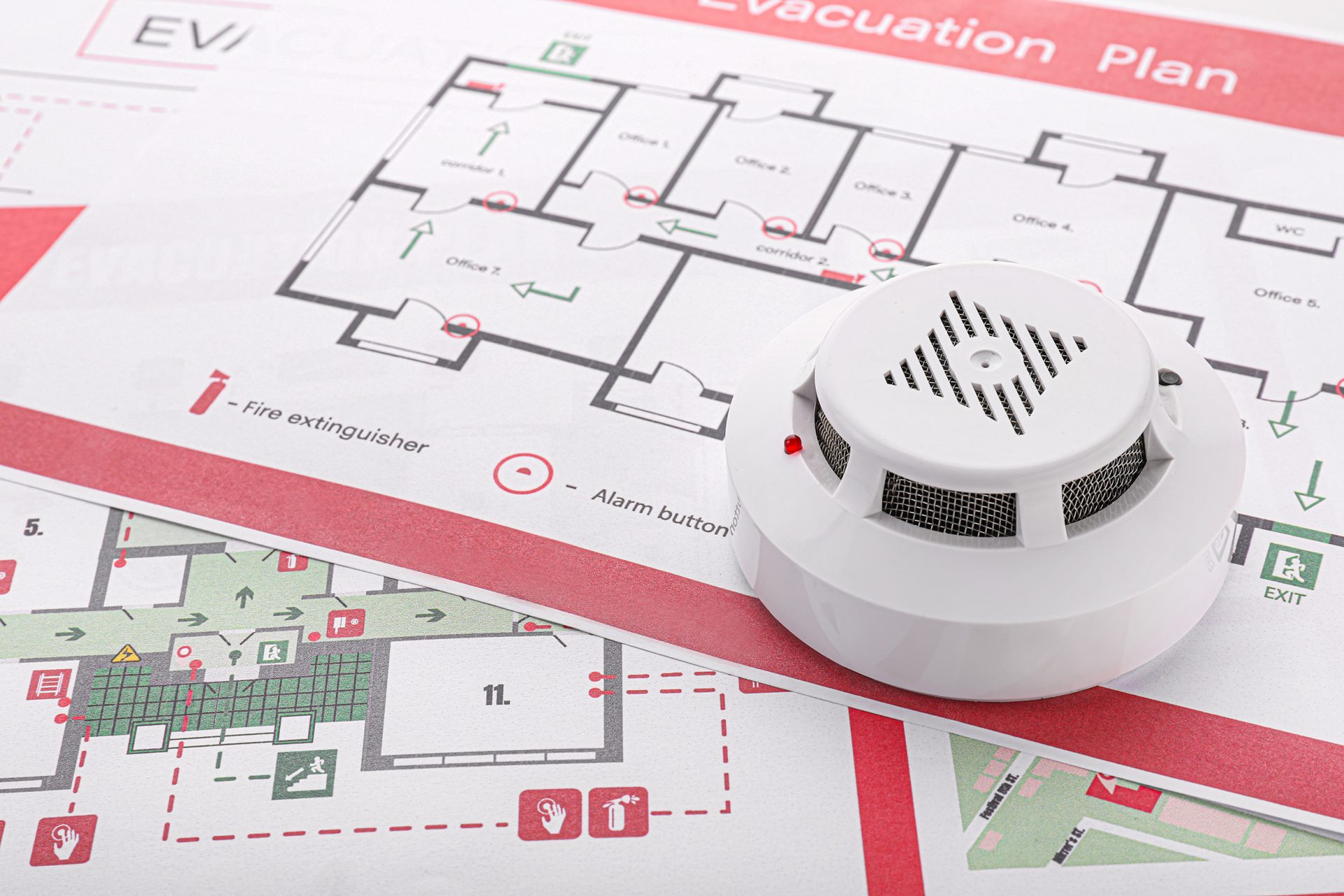Observing Fire Prevention Month & Week
October is Fire Prevention Month and this week, October 8-14, is Fire Prevention Week. Since 1922, the National Fire Protection Association (https://www.nfpa.org/) has sponsored the public observance of Fire Prevention Week. In 1925, President Calvin Coolidge proclaimed Fire Prevention Week a national observance, making it the longest-running public health observance in our country. During Fire Prevention Week, children, adults, and teachers learn how to stay safe in case of a fire.
Genesee Regional Bank is not only committed to helping people in our community find the home of their dreams, but also to keep those homes safe so they can continue making memories in them for years to come. We’re fortunate to have some of our own employees serve in the community as volunteer firefighters. Information Security Analyst Joel Kaigler and Vice President, Sr. Commercial Relationship Manager Denis Jefferies provided us with a few tips on keeping your home and family safe from fires and carbon monoxide:
Check Your Smoke & Carbon Monoxide Detectors
First and foremost, check smoke detector batteries and put detectors in every room and sleeping area. It’s important to have them on every level of your home and perform regular testing once a month to ensure the detectors are functioning properly. You should replace your smoke detectors around every 10 years from the manufacture date. Depending on your municipality, the local fire department may have a program to install these and/or provide them for you free of cost, so check to see if a program is offered in your area.
Second, install carbon monoxide (CO) detectors in your home. Carbon monoxide is produced by various fuel burning appliances (gas stoves, gas furnaces, fireplaces, etc.). If those appliances aren’t venting properly, it can create a dangerous buildup of the gas inside your home. Carbon monoxide is lighter than air, so you want to put your detectors around 3-5 feet off the ground. Install these detectors in a garage, outside sleeping areas, and in the basement (but be careful not to place them near any gas burning appliances which can produce false positives). If your carbon monoxide detectors go off, call 911 and evacuate with your family and pets until the fire department arrives.
Have An Exit Plan
In the event of an actual fire or gas leak, it’s crucial to develop an exit plan and review the plan with all the members of your family. You’ll want to review with all family members how to exit the home and get to a meeting spot somewhere out of danger and away from the structure. With younger children, it’s important to take them to a fire department open house and let them see firefighters in full gear, if possible. Once fully masked and suited up, firefighters can look frightening to younger kids, so having a chance to be exposed to them in a friendly setting can prepare children in case of an emergency.
Make Your House Number Visible
Finally, another item that can save valuable time when emergency help is called to your home is making your house number as obvious to see as possible. Replace house numbers that are too small or are falling off or in bad condition. It may not be top of mind, but you want emergency responders to be able to identify the house, park, and go inside to help – because seconds really do count.
At GRB, we are proud to provide this important information and recognize the extraordinary work of Denis, Joel, and the rest of our community’s emergency responders during Fire Prevention Month – and always.




